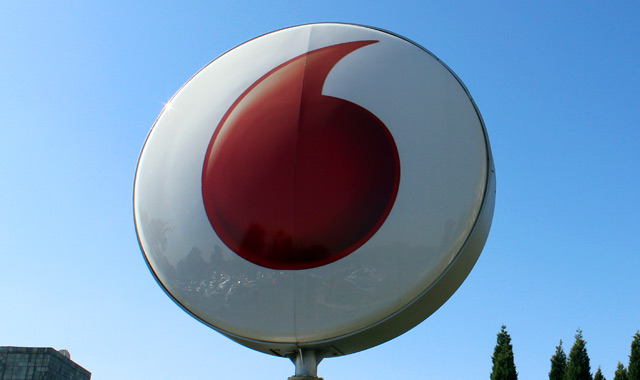
Vodacom has changed the minimum billing increment or “unitisation” for data, but claims the change will not negatively affect its customers.
The mobile operator on Friday confirmed the move, saying it increased the minimum session volume from 1KB to 10KB on in-bundle data depletion and 5KB on out-of-bundle usage.
In other words, the operator will charge for data in 10KB and 5KB increments, even if customers happen to use less than that in a session.
Unitisation is the smallest amount that is rated and billed on the network and typically is calculated as a function of the smallest chargeable financial value, or 1c.
Earlier this year, Cell C made headlines when it increased its billing increment to 25KB. At the time, Cell C said the move would increase billing efficiencies.
Vodacom tells TechCentral the increase was needed because of increased load experienced by its backend rating and billing systems.
In an e-mailed statement, Vodacom has provided more insight into the changes.
What is unitisation?
This is the smallest amount that is rated and billed and typically is calculated as a function of the smallest chargeable financial value, 1c. For a tariff plan such as MyMeg 0, 1c translates to 5KB units (at R2/MB). Therefore, a subscriber will be billed 1c for any usage up to 5KB.
Usage of 7KB (for example) would be billed as 2c, and so on. If the customer has an out-of-bundle rate of R1/MB, then it’s already unitised in 10KB increments (10KB at R1/MB equals 1c). If the customer has an out-of-bundle rate of 50c/MB, then the customer already is unitised in 20KB increments.
If a subscriber used 1MB, the charge would be R1, and if the usage was 1MB plus 2KB, the charge would be R1,01. For other price plans, a standard of 1KB was used, still rounded up to 1c where applicable.
Why was the change necessary?
It was required due to the increased load experienced by the Vodacom backend rating and billing systems due to a number of factors:
— Increase in active data users — Vodacom now provide data services to more than 18m unique users every month.
— Increase in data usage as a function of much richer content and modern devices’ ability to consume large amounts of high-capacity services.
— Increases in network speed — average throughput has gone up from <100KB/s when this was put into place to >5MB/s today.
— Consistency across plans — a single allocation and calculation method allows simpler and more reliable billing and rating systems to be implemented as well as better reporting, capacity planning, etc.
Basically, more users are using more data at a higher rate and this results in a direct increase of billing record volume and rate according to the product of the three relevant parameters:
— Billing record volume = number of users x data volumes
— Billing record rate = number of users x data speed
If we take a historical base of 1m users doing 50MB at up to 500KB/s , it translates to:
— Billing record volume = 50bn records per month
— Billing record rate = potential peak rate of 62,5m records per second
If we now take a base of 15m users doing 250MB at up to 5MB/s, it translates to:
— Billing record volume = 3,75 trillion records per month
— Billing record rate = potential peak rate of 9,4bn records per second
From the above, it is clear if we kept the unitisation at 1KB, the systems would not cope, especially with the big drive to deploy LTE across the country.
The decision was thus made to increase to 10KB, resulting in a system load increase factor of between 10 and 20. While this is still substantial, it was felt it was practical and manageable.
Will Vodacom subscribers be affected negatively?
Careful consideration was given to how this will impact subscribers, if at all. The core factors that could influence a subscriber include:
— Number of PDP (packet data protocol) sessions created by a device on the network. Here we looked at how often a typical data device creates a session on the network and what factors influence this process.
— The duration of a session. This is (nearly) unlimited today and is thus not a factor.
— The amount of data transferred in a session. The bigger the volume of data in one session, the less the impact of rounding up to 10KB (instead of 1KB or 5KB in the case of the MyMeg 0 plan).
As the notes below explain, modern devices establish a PDP session once the phone boots up and will not normally tear it down in normal operation. Furthermore with the high data consumption seen today, the “rounding up” constitutes a very small percentage increase.
For example, if a session had a volume of 1,0035MB (1MB + 3,5KB), the rounding up changed from 1,004MB to 1,010MB. This is an increase 0,5% in usage but, most importantly, at a rate of 20c/MB, for example, the charge in both cases is 21c.
Vodacom says increasing the unitisation does not increase the bill to the consumer. “As sessions become longer in time with bigger volumes (typically seen for Smartphones and Tablets), the potential error becomes even more insignificant. There are special cases (such as some telemetry devices) and Vodacom put measures in place to address these. — © 2014 NewsMedia Central

